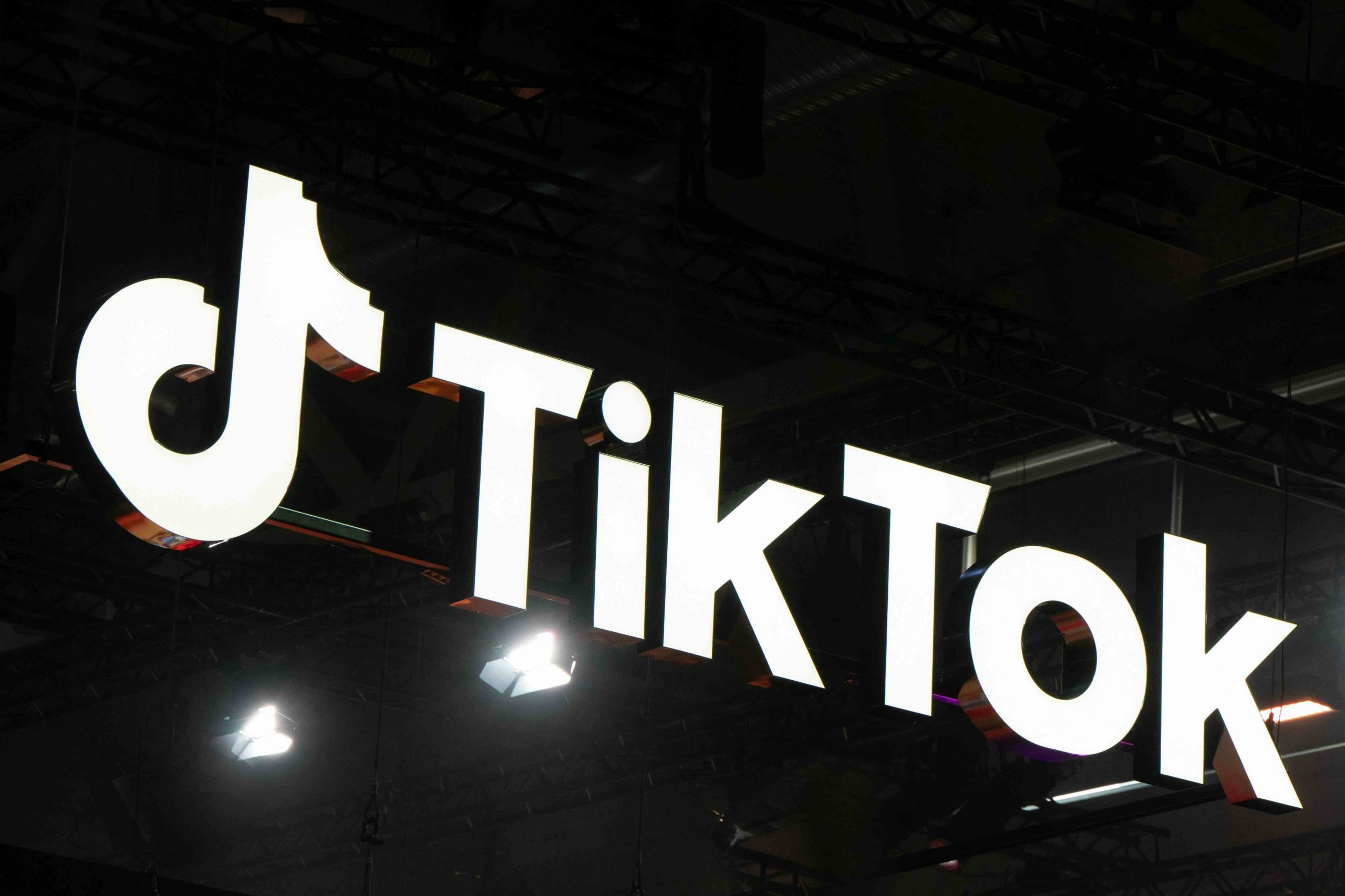As of May 1, 2025, Thailand is making a major shift in how foreign visitors arrive in the country. Authorities will replace the familiar paper-based TM6 arrival card, which travelers have filled out for decades, with the Thailand Digital Arrival Card (TDAC). This digital transition aims to streamline immigration procedures, reduce paperwork, and enhance overall efficiency at entry points, including airports, land, and sea borders.
The new system requires all foreign travelers entering Thailand to complete the TDAC before arrival. Here’s everything you need to know about this change and how it will impact your entry into the Kingdom.
What is the Thailand Digital Arrival Card (TDAC)?
The TDAC serves as a digital version of the TM6 arrival form that travelers have traditionally filled out upon arriving in Thailand. Beginning May 1, 2025, all non-Thai nationals, whether arriving by air, land, or sea, must complete this form electronically before they can enter the country.
Authorities developed the TDAC to simplify the arrival process by collecting necessary travel and personal information in advance. This includes passport details, accommodation information, and a health declaration. This initiative reflects Thailand’s ongoing efforts to modernize its immigration system and improve the visitor experience.
While officials will no longer use the paper TM6 form, they will require the TDAC from everyone—tourists, business travelers, long-term residents, and those entering on a visa exemption. Only passengers transiting through Thailand without clearing immigration or those with a Border Pass for specific land crossings will receive exemptions.
Why the Change?
Thailand is adopting a digital arrival card as part of a broader effort to modernize immigration procedures. The Thai government wants to speed up border processing, strengthen safety protocols, and reduce reliance on paper documentation. Authorities will also use the system to track travelers in case of health concerns or emergencies.
“By using safe, fast, and modern electronic technology, the TDAC replaces the original paper arrival card, offering more convenience for travelers,” said Foreign Ministry spokesman Nikorndej Balankura. “The data collected will be beneficial for tourist care and public health.”
When and How to Submit the TDAC
You can submit your TDAC up to three days before your scheduled arrival in Thailand. For example, if you plan to arrive on May 5, you can submit your TDAC starting May 2. The system will open for submissions on April 28, 2025, so travelers arriving on the launch day can begin completing the form immediately.
To fill out the TDAC, visit the official website at tdac.immigration.go.th. The platform currently operates as a web-based service, with plans for a mobile app in the future. Travelers must provide personal information, including passport details, travel itinerary, and accommodation address in Thailand. Additionally, they must complete a brief health declaration confirming they have not experienced symptoms such as fever, cough, or shortness of breath in the past 14 days.
What You Need to Complete the TDAC
Before submitting the TDAC, make sure you have the following information ready:
- Passport details (name, nationality, number, date of birth)
- Travel details, including your flight number, transportation type, and expected arrival date
- Accommodation details in Thailand, such as the hotel or address where you’ll be staying
- Recent travel history from the last 14 days
- Health declaration confirming your current health status
This process will not replace your visa, but it will help expedite the entry process when you arrive in Thailand. If you’re a long-term resident, you must also select “Thailand” as your country of residence.
Key Steps for Submitting Your TDAC
The submission process is straightforward. Here’s a step-by-step guide:
- Access the TDAC website: Go to tdac.immigration.go.th.
- Fill in personal and travel details: Enter your passport number, visa information (if applicable), arrival date, transport details, and accommodation address.
- Complete the health declaration: Confirm whether you’ve had any symptoms related to illness and list the countries you’ve visited in the last two weeks.
- Review and submit the form: After completing all sections, review your information carefully. Once submitted, you will receive a confirmation with a QR code to present at immigration upon arrival.
- Save or print your confirmation: Store the TDAC confirmation on your phone or print it for easy access at the immigration checkpoint.
You must submit the TDAC at least 24 hours before your flight to ensure a smooth arrival. Authorities encourage travelers to complete the form well in advance to avoid delays and reduce congestion at border control points.
What Happens If You Can’t Submit the TDAC in Advance?
Although travelers are expected to complete the TDAC before travel, some may face technical issues or lack internet access. In such cases, help desks at immigration points will assist with completing the form. However, travelers should only rely on this option in exceptional circumstances. Authorities strongly recommend submitting the TDAC in advance to avoid delays or complications at immigration.
Impact on Thailand’s Tourism Strategy
The TDAC launch supports Thailand’s goal of becoming a “Smart Tourism Destination.” As global travel increases, the Thai government is adopting systems that streamline entry while enhancing safety measures. The digital shift also strengthens public health monitoring by collecting vital health information from incoming travelers.
Thailand’s Immigration Bureau has launched a multilingual campaign to raise awareness about the new system. The campaign includes brochures and instructional videos in languages such as English, Chinese, and Korean to ensure travelers understand the new requirements.
The Road Ahead
The TDAC marks one of many steps Thailand is taking to modernize its entry processes. The move aligns with global tourism trends, as countries like Malaysia, South Korea, and Cuba have already digitized their arrival systems. This change aims to reduce paperwork, increase efficiency, and make border procedures smoother for everyone.
For now, travelers should familiarize themselves with the new requirements, especially the TDAC submission process, to ensure a seamless entry into Thailand. As the country continues upgrading its travel infrastructure, one thing remains clear: the future of travel to Thailand is digital.
Feature Image via: Javon Swaby








